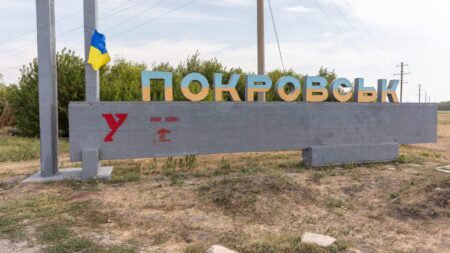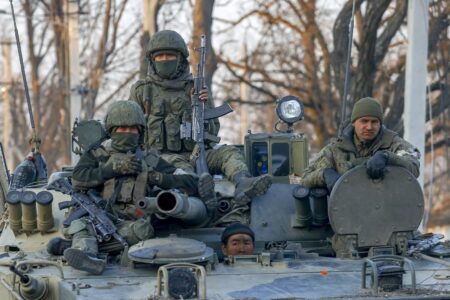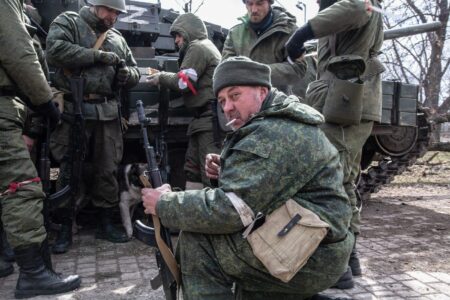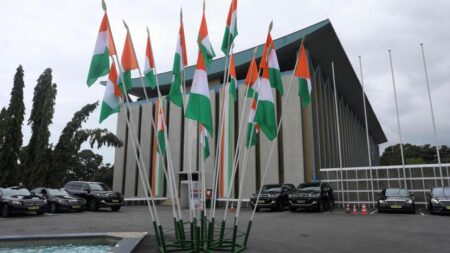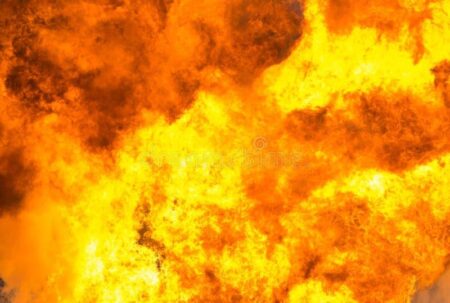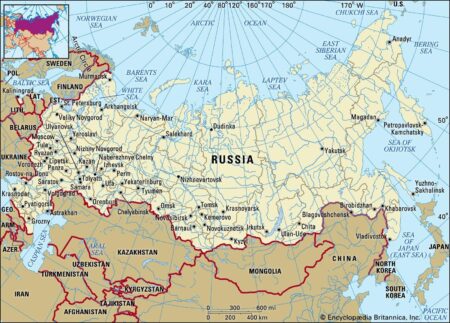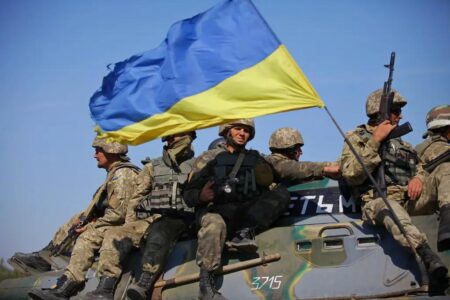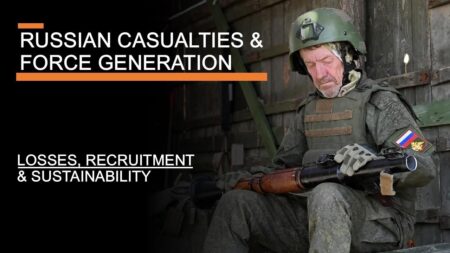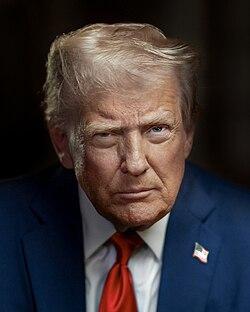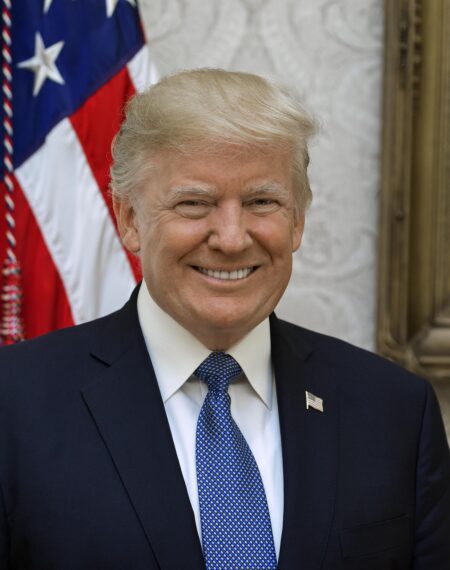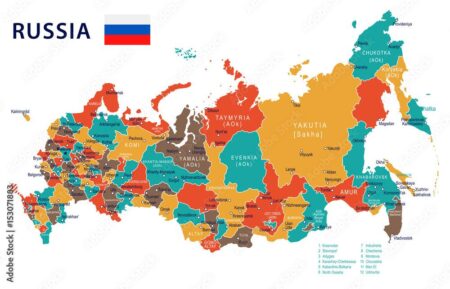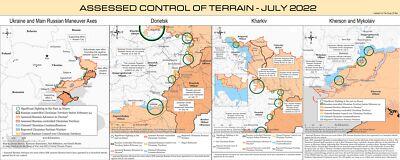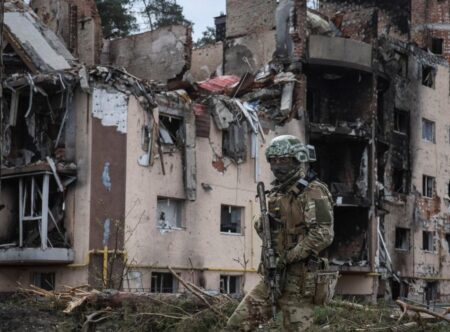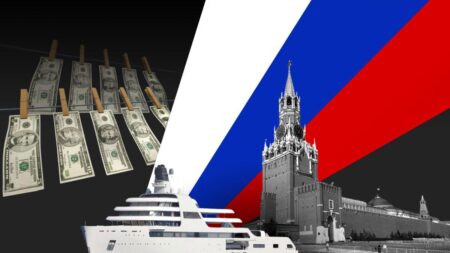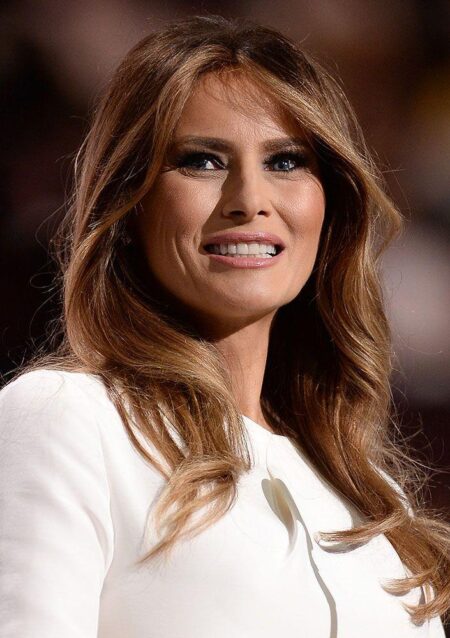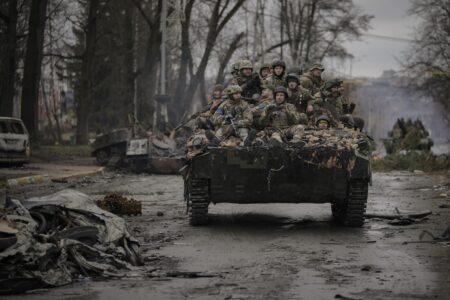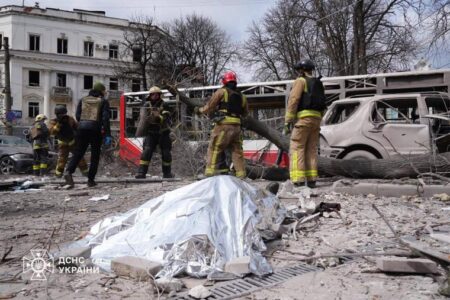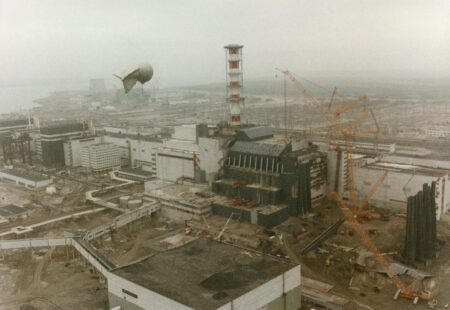Fierce battles are raging around the strategic town of Pokrovsk in eastern Ukraine, where Ukrainian forces are valiantly repelling fresh Russian attacks targeting critical energy infrastructure, CNN reports. This surge in violence is intensifying the conflict’s impact on regional stability
Browsing: Ukraine conflict
Ukrainian President Zelenskyy has unveiled a staggering deployment of 170,000 Russian troops in Donetsk, as fierce battles rage fiercely around Pokrovsk-highlighting the relentless and escalating conflict tearing through the region
Hundreds of Russian troops have reportedly poured into Pokrovsk, military sources revealed to The Kyiv Independent. This bold advance marks a dramatic escalation in the intense battle raging across eastern Ukraine
This week’s photo roundup captures gripping moments from across the globe – from the intense elections in Ivory Coast to the striking aftermath of a Russian attack in Kyiv. Dive into the world’s heartbeat with Al Jazeera’s breathtaking and unforgettable images
Explosions rocked Kherson after a powerful Russian drone strike unleashed widespread destruction, leaving the city battered and its residents in shock. As officials rush to assess the damage and casualties, tensions across the region are escalating rapidly. NBC News reports
The Russia-Ukraine conflict escalates dramatically as diplomatic efforts collapse. Fierce clashes are erupting, drawing worldwide focus and deep concern. Stay ahead with The Post Star’s real-time updates on this fast-moving crisis
On day 1,335 of the Russia-Ukraine war, intense battles rage across eastern Ukraine, diplomatic efforts strive to find a breakthrough amid rising tensions, and urgent humanitarian crises deepen as the conflict continues to transform the region’s geopolitical landscape
Russia’s war casualty toll in Ukraine has skyrocketed by 1,130 in just the past day, Ukrinform reports. This dramatic surge underscores the intense and unyielding battles tearing through the conflict zone
President Trump issues a bold warning to Russia over its actions in Ukraine, igniting a tense standoff with Russian President Vladimir Putin and intensifying the already strained ties between the two nations
Former President Donald Trump and Ukrainian President Volodymyr Zelenskyy joined forces to explore new paths toward resolving the ongoing Ukraine-Russia conflict, signaling a promising breakthrough in diplomatic efforts, FOX 32 Chicago reports
Russia’s latest major offensive in Ukraine has ground to a halt, falling short of capturing key territory and ending in yet another costly deadlock. Despite relentless pushes, Russian forces achieved only minor gains, underscoring the harsh challenges they continue to face in this grueling campaign
Wisconsin has boldly stepped forward as the first U.S. state to officially condemn Russia for abducting Ukrainian children amid the ongoing conflict, delivering a powerful message of resistance. This decisive action highlights growing global outrage and a steadfast commitment to justice
The Institute for the Study of War’s October 14, 2025 assessment uncovers fresh Russian offensive maneuvers, highlighting shifting tactics and fiercely contested frontlines as the conflict in Eastern Europe escalates
The ISW Russian Offensive Campaign Assessment for October 11, 2025, highlights fierce battles erupting across eastern Ukraine, showcasing Russia’s halted progress against Ukraine’s determined and successful defenses. Updated maps bring to life the dramatic changes unfolding along the frontlines
The UK, France, and Germany have united to unlock frozen Russian assets, sparking new momentum to power Ukraine’s reconstruction. This bold collaboration signals a significant breakthrough in global support as the conflict rages on, The Kyiv Independent reports
In a rare public address, Melania Trump revealed that Russia will be returning Ukrainian children aged 18 and older. Her announcement brings renewed attention to the ongoing tensions over the treatment of Ukrainian minors in Russia
The Institute for the Study of War’s October 9, 2025, assessment highlights a dramatic surge in Russian offensive operations across eastern Ukraine, revealing rapidly shifting frontlines and a sharp spike in intense artillery clashes as the conflict intensifies
Ukraine’s President Zelensky has dropped a startling bombshell: British-made parts have been found inside Russian drones deployed in attacks on Lviv. This surprising discovery sheds light on the complex and unexpected sources fueling Russia’s military arsenal amid the ongoing conflict
At least five people have tragically lost their lives in a brutal Russian attack on Ukraine, officials reveal. This devastating strike caused extensive destruction and intensified the ongoing conflict, igniting a wave of global condemnation
A Russian air strike has plunged the Chernobyl nuclear plant into complete darkness, French news channel France 24 revealed. This unexpected blackout has ignited urgent safety fears at the site of the notorious 1986 catastrophe

